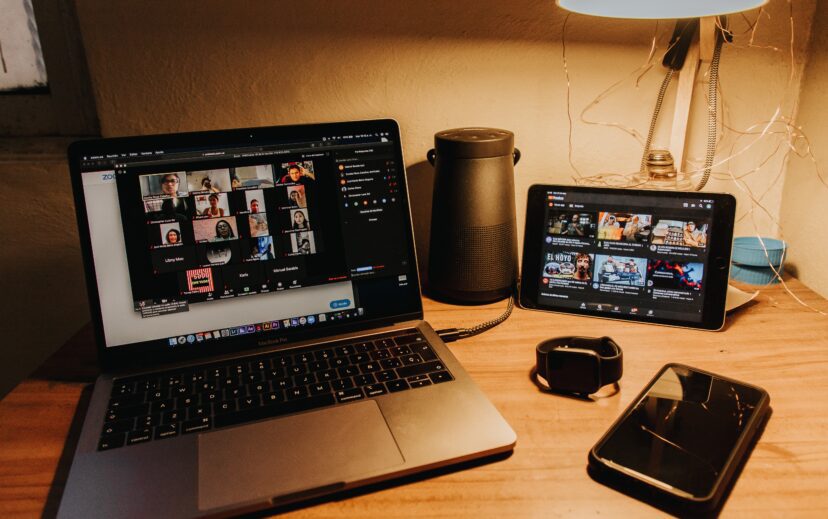In today’s world, making a sound recording is easier than ever. But, as easy as it may be, recording a telephone or in-person conversation is not always legal. If you run afoul of state or federal wiretapping laws, you may expose yourself to serious consequences, including criminal prosecution and civil liability. Importantly, even legally recorded conversations are not always admissible in court. While New York State laws are not as strict as in some states like Florida, it is crucial to understand the distinction between legal and illegal recordings in order to comply with the law and attempt to admit a recorded conversation into evidence.
New York State Law
New York is a one-party consent state. This means that only one party must consent to the recording of an in-person or telephone conversation. In other words, if you are a party to the conversation, you may record without the other person’s consent. But unless you obtain permission in advance, you are prohibited from recording a conversation in which you do not take part.
It is a Class E felony under New York’s wiretapping law to record a conversation without at least one party’s knowledge, with a punishment of up to four years in prison and a fine of $5,000.
Federal Law
Similar to New York law, federal law only requires that one party consent to the recording of a conversation. You can record an in-person or phone conversation yourself, so long as you take part in it.
Recording a conversation without the necessary consent of the parties involved is a federal crime punishable by up to five years in prison and a fine of $250,000 for an individual. A person found guilty of illegal wiretapping under federal law may also be held liable for damages, attorney’s fees and punitive damages.
Interstate Telephone Conversation
Phone calls often involve parties from different locations. Where a phone call involves parties from various states, determining which state law controls and who needs to consent to the recording is a complex exercise. When there is a conflict between the laws of two states, a court will decide which to apply. If parties in multiple states are involved, a court is likely to apply federal law.
When is a recorded conversation admissible as evidence in a lawsuit?
An illegally recorded conversation under the wiretapping law will not be admissible in a New York court.
Otherwise, the difficulty of introducing a legally recorded conversation into evidence tends to be that the statements in that recording are not generally admissible under the hearsay rule. The hearsay rule prohibits statements made out-of-court from being used as evidence to prove an assertion is true. For example, a legally recorded conversation between you and your neighbor in which your neighbor says, “I have stolen packages from our mailroom,” would not be generally admissible in court to prove that your neighbor stole a package. Still, there are numerous exceptions to the hearsay rule that may allow a legally recorded conversation to be admitted as evidence into New York state and federal courts. These exceptions tend to include admitting a recorded conversation as a party admission, a declaration against interest, an inconsistent statement or for impeachment purposes. Importantly, illegally recorded conversations are less likely to be allowed as evidence under a hearsay exception.
Conclusion
The laws concerning recording conversations and their admissibility in a lawsuit are complex. If you are facing litigation, contact an experienced attorney to help you determine whether a recorded in-person or phone conversation is admissible and develop a comprehensive strategy for your case.






